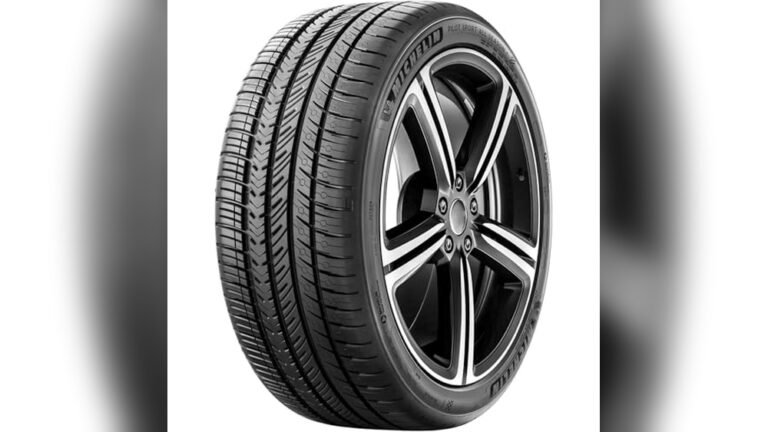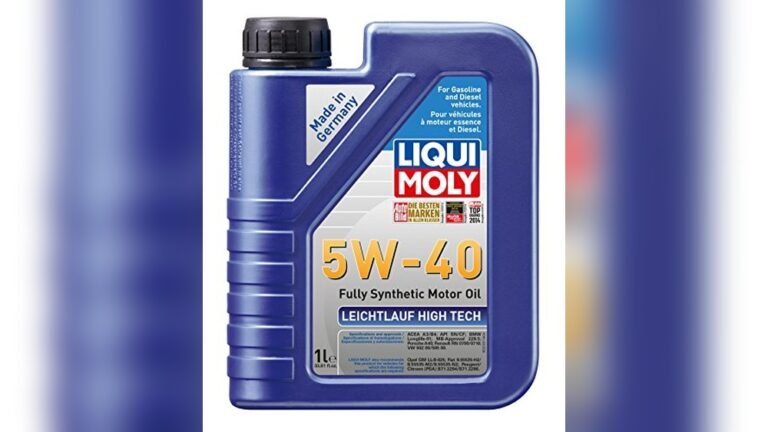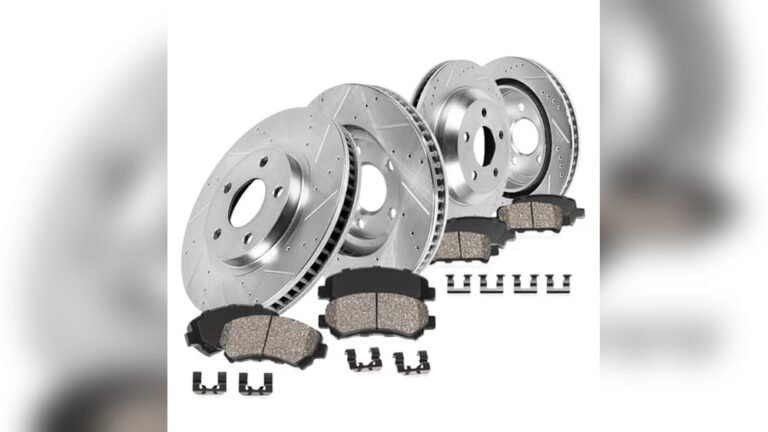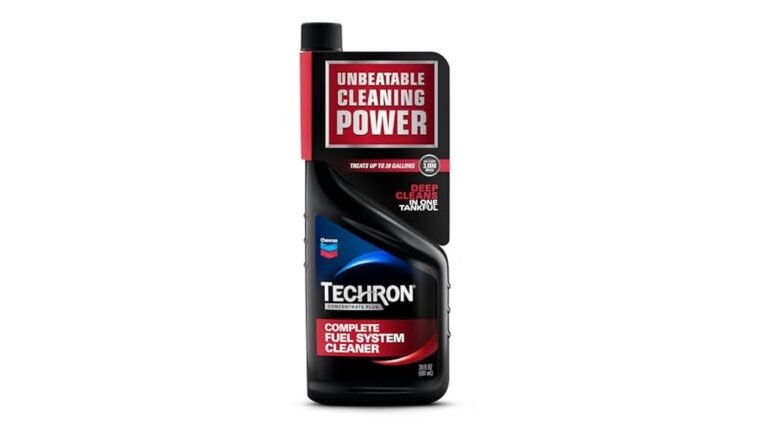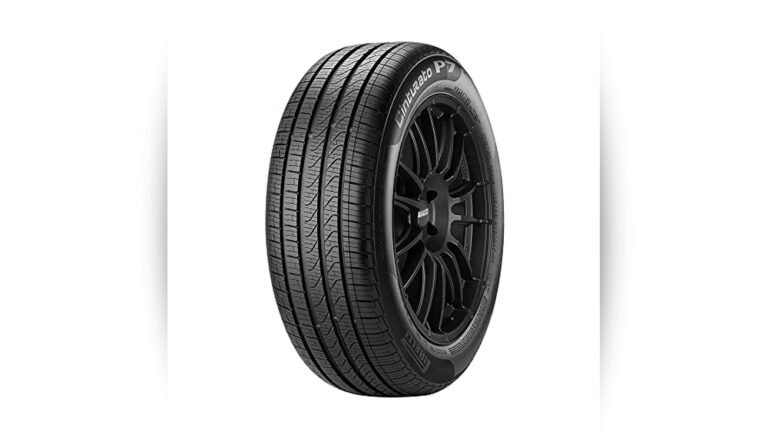The squealing noise when accelerating in a BMW may be caused by a worn-out or loose accessory belt.

Credit: m.youtube.com
Common Causes Of Squealing
Worn brake pads indicators: One common cause of squealing noise when accelerating in a BMW is worn brake pads indicators. These indicators are designed to make a high-pitched squeal when the brake pads are getting close to their wear limit. If you hear a squealing noise that is more pronounced when you apply the brakes, it is likely due to worn brake pads.
Loose or damaged drive belts: Another possible cause of squealing noise during acceleration is loose or damaged drive belts. These belts connect the engine’s accessories to the crankshaft, and if they become loose or damaged, they can create a high-pitched squeal when the engine is revved.
Malfunctioning pulley bearings: Malfunctioning pulley bearings can also contribute to a squealing noise when accelerating. The pulley bearings support the rotating components in the engine, such as the alternator or power steering pump. If these bearings become worn or damaged, they can produce a squealing sound.
Steering system issues: Lastly, steering system issues can sometimes cause a squealing noise when accelerating. Problems with the power steering pump or belt can result in squealing or squeaking sounds when the steering wheel is turned or when the engine is under load.
Troubleshooting Steps
When experiencing a squealing noise during accelerating in your BMW, there are a few steps you can take to troubleshoot the issue:
Inspect The Brake System:
- Check for any signs of worn-out brake pads or rotors. Replace them if necessary.
- Inspect the brake calipers for any signs of damage or sticking.
- Ensure that the brake hardware is properly lubricated.
Check Belt Tension And Condition:
- Examine the drive belt(s) for any signs of wear or damage. Replace if required.
- Check the tension of the belts and adjust if necessary.
- Inspect the belt pulleys for any misalignment or damage.
Listen For Noise Variation With Speed:
- Pay attention to any changes in the squealing noise as you accelerate at different speeds.
- Note if the noise becomes louder or softer with increased speed.
- This information can help narrow down the potential causes of the issue.
Identifying The Source
In the case of a BMW squealing noise when accelerating, it is crucial to identify the source of the noise in order to address the issue effectively. One common cause of the noise could be a belt squeal, which occurs when the belts that drive various components in the engine become worn or loose. Another possibility is brake noise, which can sometimes be mistaken for a belt squeal. To distinguish between the two, using an automotive stethoscope can be helpful. By pinpointing the exact location of the noise, whether it is coming from the belts or the brakes, it becomes easier to determine the necessary steps for resolving the problem. Regular maintenance and inspections can help prevent these issues from occurring and ensure the smooth operation of your BMW.
Expert Tips For Resolution
When your BMW starts making a squealing noise while accelerating, it can be a cause for concern. However, there are a few expert tips that can help you resolve this issue.
The first step is to follow the recommended maintenance routines for your BMW. Regularly checking and changing the engine oil, filters, and belts can prevent any potential mechanical issues that could result in the squealing noise. Additionally, ensuring that all fluid levels are at the appropriate levels is crucial.
If the squealing noise persists, you may consider DIY fixes before opting for professional repair. Inspecting the drive belts, pulleys, and tensioners for any signs of wear or damage can help determine if replacement is necessary. Lubricating the belts can also resolve the noise in some cases.
However, if the noise still persists after attempting DIY fixes and maintenance routines, it is recommended to seek professional repair at a certified BMW service center. Expert technicians can diagnose the exact cause of the squealing noise and provide appropriate solutions to ensure the optimal performance of your BMW.
Regular Maintenance Schedules
Timely brake servicing is of utmost importance to ensure the safety and optimal performance of your BMW. Regularly inspecting and replacing the belts is also crucial for preventing any potential issues and maintaining the smooth operation of your vehicle.
| SERVICE | INTERVAL |
|---|---|
| Brake Inspection | Every 6 months or 10,000 miles |
| Brake Pad Replacement | When the pad thickness is less than 3mm |
| Belt Inspection | Every 6 months or 10,000 miles |
| Belt Replacement | Every 4 years or 60,000 miles |
Regularly inspecting the brakes and belts allows you to detect any signs of wear or damage early on, preventing potential hazards and costly repairs down the line. By adhering to the recommended maintenance schedules, you can maintain the optimal performance and longevity of your BMW, ensuring a smooth and safe driving experience.
Upgrades And Quality Parts
Investing in high-quality brakes and belts is essential for maintaining the performance and safety of your BMW. When it comes to upgrades and quality parts for your vehicle, it is crucial to choose Original Equipment Manufacturer (OEM) parts. OEM parts are specifically designed and manufactured for your BMW, ensuring a perfect fit and function.
Using OEM parts offers several benefits. First and foremost, OEM parts are made to the highest standards, guaranteeing superior quality and reliability. These parts undergo rigorous testing and meet the stringent specifications set by BMW. By opting for OEM parts, you can be confident that you are getting the same level of performance as the original components installed in your BMW.
Moreover, OEM parts are backed by warranty coverage, providing added peace of mind. This warranty protects you against defects and ensures that the parts will perform optimally. Additionally, using OEM parts helps preserve the resale value of your BMW, as it demonstrates that you have taken proper care of your vehicle with genuine parts.
When it comes to your BMW’s squealing noise when accelerating, investing in high-quality OEM brakes and belts is the best solution to ensure a smooth and quiet ride. Don’t compromise on quality; choose OEM parts for your BMW.
Frequently Asked Questions For Bmw Squealing Noise When Accelerating
Why Is My Bmw Making A Squealing Noise When I Accelerate?
When your BMW makes a squealing noise during acceleration, it could be due to a worn-out drive belt or a loose belt tensioner. Another possible cause is a problem with the serpentine belt, which can lead to issues with the alternator or power steering.
It is important to have this issue inspected and repaired to avoid further damage to your vehicle.
How Can I Fix The Squealing Noise When Accelerating In My Bmw?
To fix the squealing noise when accelerating in your BMW, you should first identify the source of the noise. Check the drive belts, tensioner, and serpentine belt for any signs of wear or damage. If you notice any issues, it is recommended to have them replaced by a professional technician.
Regular maintenance and inspection of these components can prevent such noises in the future.
Is It Dangerous To Drive My Bmw With A Squealing Noise During Acceleration?
Driving your BMW with a squealing noise during acceleration may not be dangerous initially, but it is a sign of an underlying problem that needs attention. Ignoring the issue can lead to further damage to your vehicle and potentially cause a breakdown.
It is best to have the problem diagnosed and repaired as soon as possible to avoid any inconvenience or costly repairs down the line.
Conclusion
To sum up, if you are experiencing a squealing noise in your BMW when accelerating, it is crucial to address the issue promptly. While there could be various causes for this problem, it is advisable to consult a professional mechanic to diagnose and fix the specific issue.
By taking swift action, you can prevent further damage and ensure a smooth and enjoyable driving experience in your BMW.


